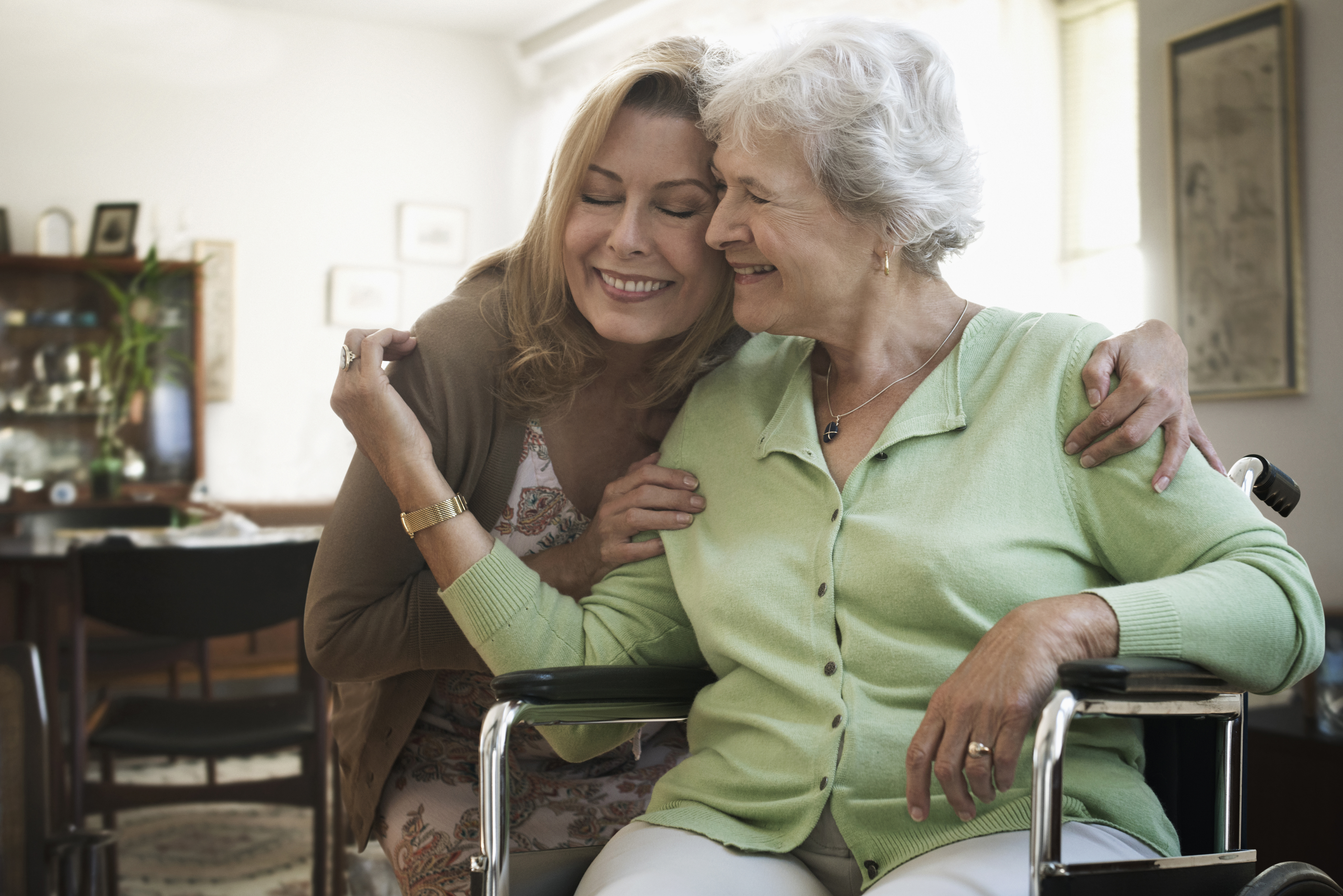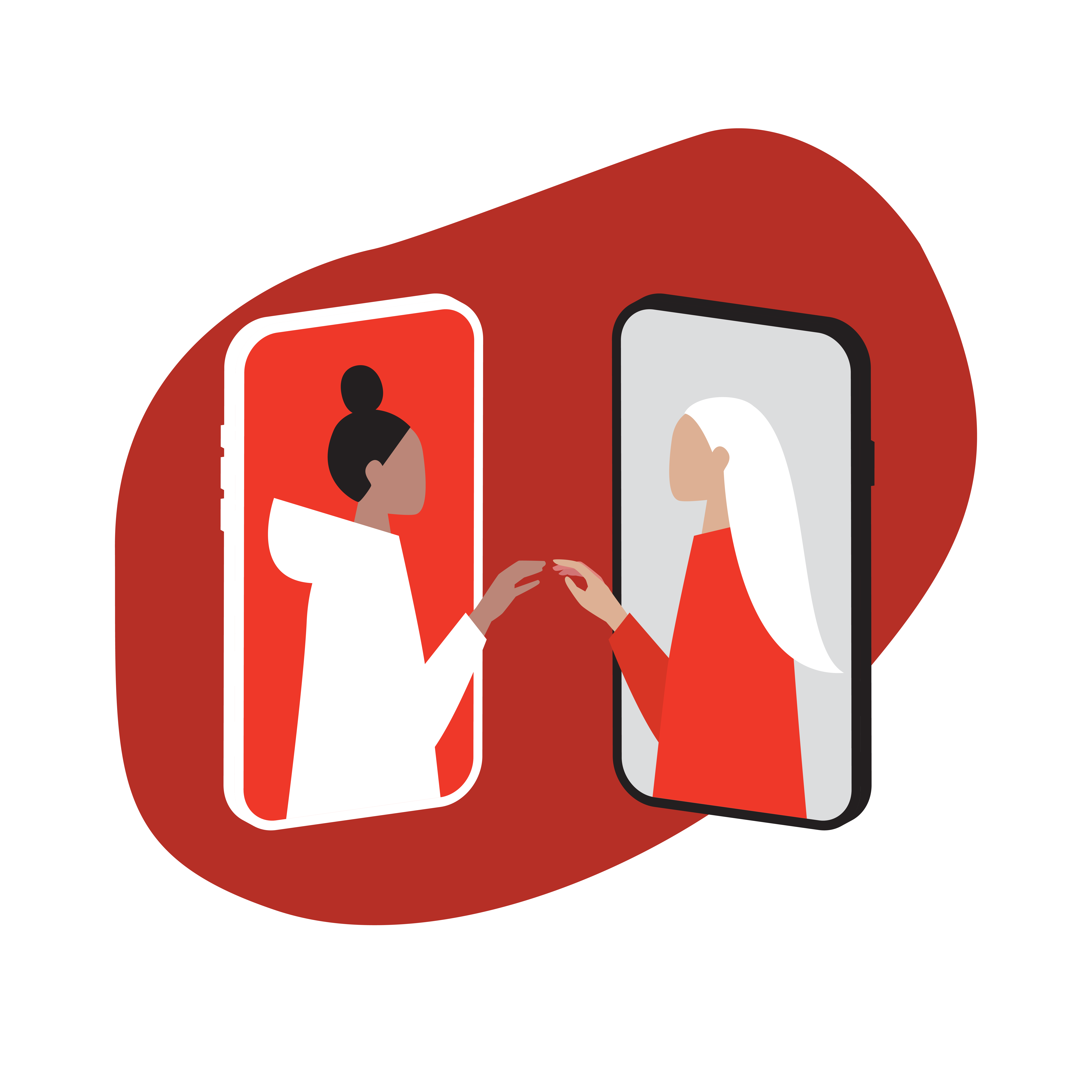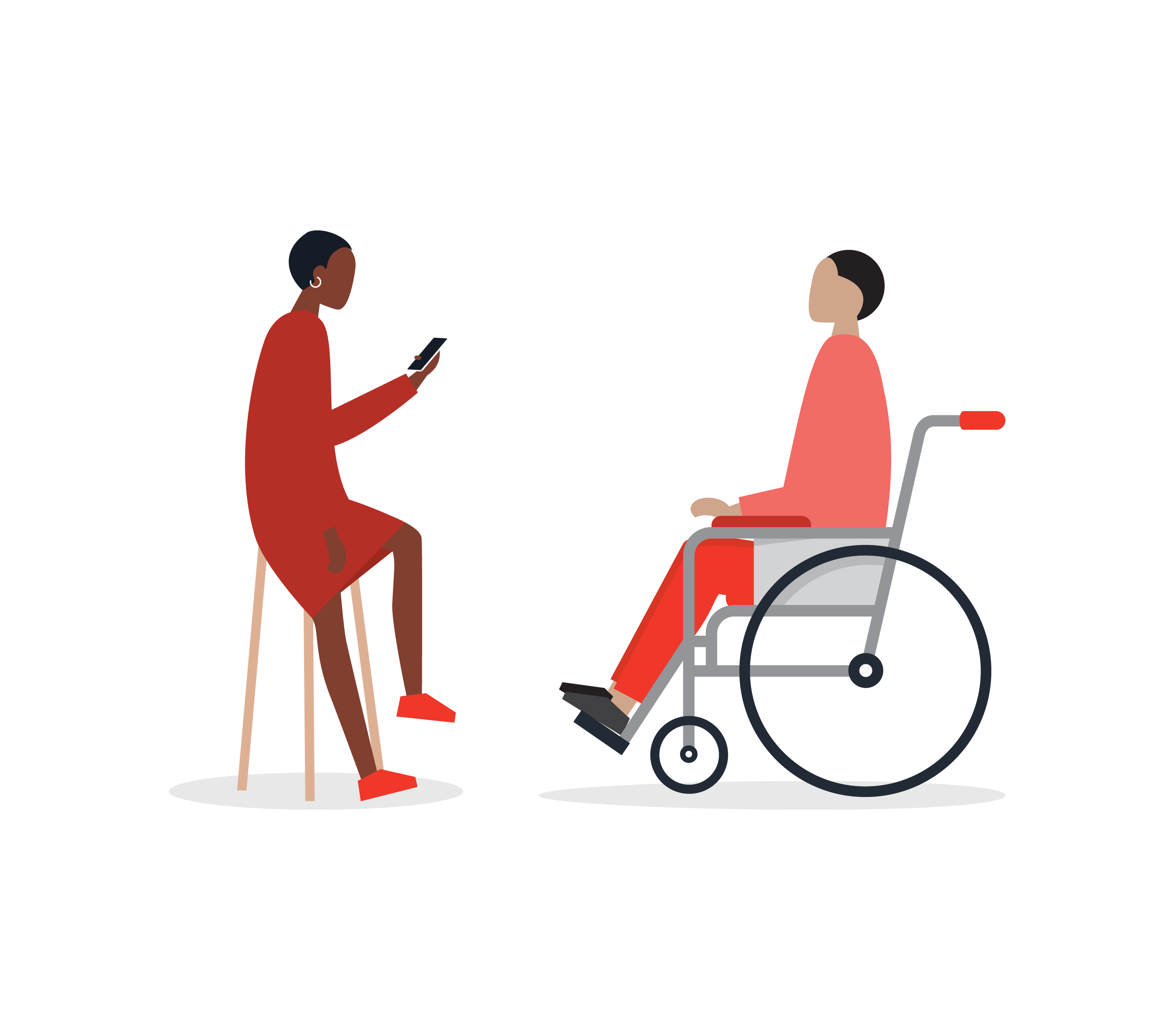AARP Hearing Center

En español | Caregiving may be one of the most important, and challenging, roles you’ll ever take on. No matter where you are in your caregiving journey — starting to plan; taking care of a family member in your home, in a facility, or from a distance; or managing end-of-life caregiving responsibilities — having resources at your fingertips will make the process easier.
AARP developed this family caregiver guide with you, the caregiver, in mind and as a starting point to help you find the services and support you might need throughout your journey.
To order a print copy of this online guide, call the toll-free AARP Family Caregiving Resource Line at 877-333-5885 and indicate which state(s) you would like to receive. A copy will be mailed to you.
**Many of the resources referenced in this guide are not offered by AARP, and any information you provide to the host organizations will be governed by their privacy policies.

Caregiver Support
CAREgivers by Active Generations (800-360-6161)
Helps family caregivers balance work, life and caregiving through trainings, referrals, stress management classes, caregiver case management services and support groups.
Department of Human Services — Caregiver Services (833-663-9673; 605-773-5990)
Offers free information, assistance, counseling, training, temporary respite care and other supplementary services to qualified family caregivers.
Veterans Affairs Caregiver Support Program (855-260-3274)
Offers comprehensive and coordinated support to qualified veterans and their caregivers, including in-home support services, a financial stipend and/or health insurance.
Finances
Low-Income Energy Assistance Program (800-233-8503)
Helps eligible households with home energy expenses, which may include heating/cooling bill payment, crisis bill payment and/or heating/cooling equipment repair/replacement.
Supplemental Nutrition Assistance Program (605-773-3165)
Eligible households receive food assistance through an Electronic Benefits Transfer card to cover a portion of their food budget, as well as nutritional education.
Legal
Adult Protective Services (833-663-9673)
Provides information and investigates allegations of abuse, neglect and financial exploitation of vulnerable adults.

South Dakota Law Help
Provides legal information, assistance with finding free or low-cost help and connection to statewide community resources.
State Bar of South Dakota (605-224-7554)
Provides a listing of free and low-cost legal resources available.
Health
ALS Association— Minnesota, North Dakota & South Dakota Chapter (612-672-0484; 800-782-4747)
Offers services, programs and research to help those affected by ALS including support groups, resources and tools for ALS caregivers.
Alzheimer’s Association – South Dakota Chapter (605-339-4543; 800-272-3900 24/7 Helpline)
Offers educational programs and support groups for patients and their families. Hosts the Safe Return program, assisting when someone with Alzheimer’s or dementia becomes lost.
American Cancer Society of South Dakota (800-227-2345)
Provides education, support and research information for patients and their families, along with tips for staying healthy or getting involved in the fight against cancer.
American Heart Association of South Dakota (605-360-2542)
Provides education, support and research information for patients and their families, along with tips for healthy living and ways to get involved in the fight against heart disease and stroke.

Senior Health Information and Insurance Education
Provides free, confidential and unbiased counseling to Medicare beneficiaries in South Dakota.
Southeastern SD: 800-536-8197; 605-333-3314 | Northeastern SD: 605-432-8801 | Western SD:
877-286-9072; 605-342-8635.
South Dakota Parkinson Foundation (605-271-6113)
Offers education, resources, in-person and virtual exercise, and wellness programs and support groups.
Housing and Care Facilities
Dakota at Home (833-663-9673)
Information and referral service provides information and options to older and vulnerable adults to identify and access public and private long-term services and supports to enable them to continue living at home or in their communities.
Department of Health Long-Term Care (833-663-9673; 605-773-3361)
Provides information about nursing homes and assisted living facilities, including levels of care, statistics and reports, and a Find a Facility search tool.
Long-Term Care Ombudsman (833-663-9673)
Provides consumer protection advocacy services to residents of long-term care facilities such as nursing homes, assisted living facilities, specialty care facilities and boarding homes. Anyone can use an ombudsman to report a concern and get help resolving problems, including residents, residents’ family members and friends, and long-term care facility employees.
Senior Companions of South Dakota (888-239-1210)
Volunteer project provides free in-home assistance and respite care. Support services include companionship, transportation, meal planning and preparation, and light housekeeping.
Information and Services
Dakota at Home (833-663-9673)
Information and referral service provides information and options to older and vulnerable adults to identify and access public and private long-term services and supports to enable them to continue living at home or in their communities.

Transportation Services (833-663-9673)
Residents 60 and older or adults 18- 59 with a qualifying disability receive no-cost rides to community services and resources.
End of Life
South Dakota Association of Healthcare Organizations — Palliative Care (605-361-2281)
Provides information about advance planning, hospice and palliative care resources.































































